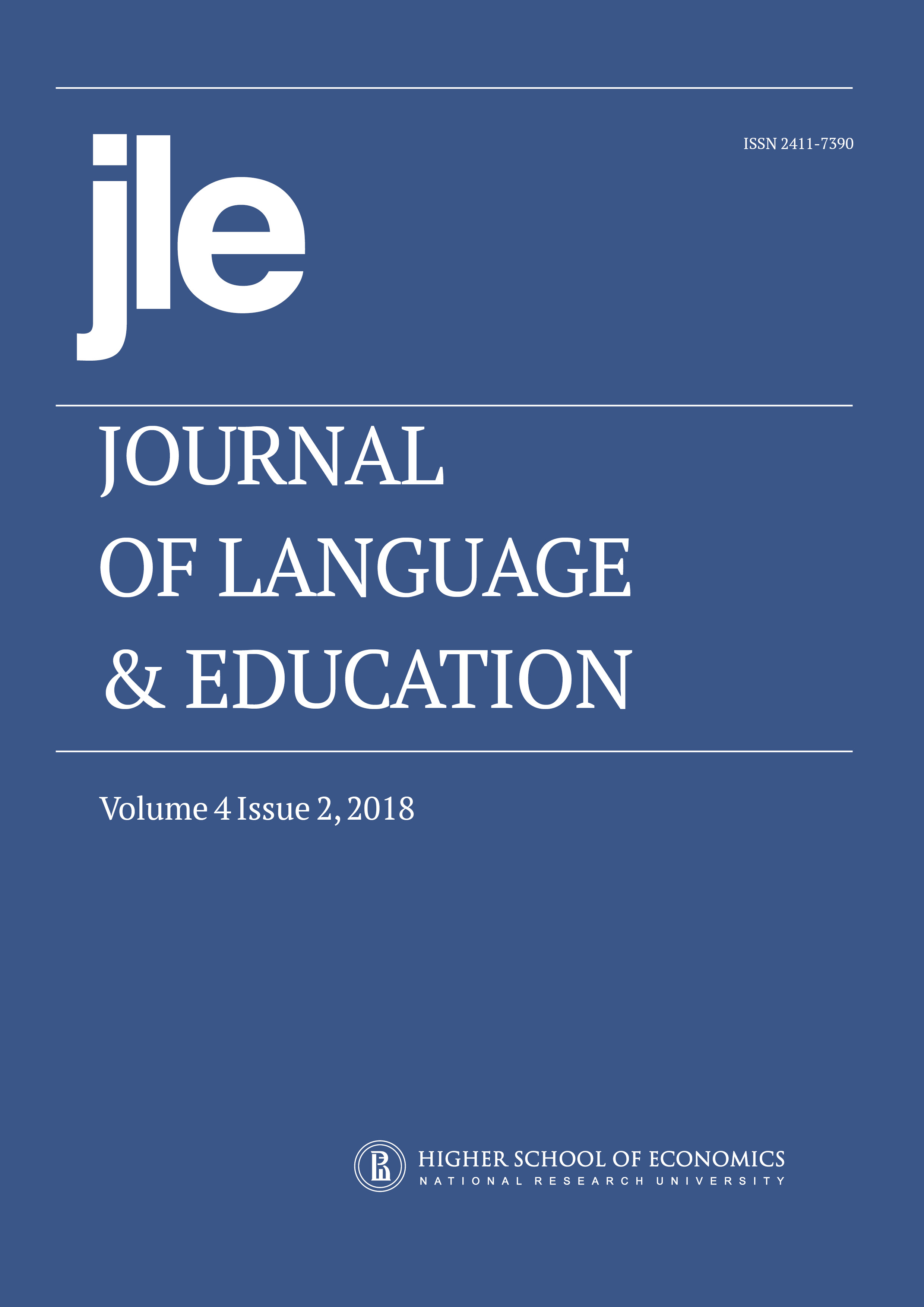The Relationships Between the Accuracy of Self-Evaluation, Kanji Proficiency and the Learning Environment for Adolescent Japanese Heritage Language Learners
Abstract
This paper focuses on Japanese heritage language (JHL) learners in an Australian context. The paper reports on a research project in a hoshuu-koo institution, a Japanese supplementary school, and explores the experiences of a group of Year 7 students. This study was initiated by identifying to what extent JHL learners can recognise their own skills, especially in proficiency in kanji, one of the Japanese scripts. It was predicted that several elements could relate to the accuracy of self-evaluation. By exploring levels of self-evaluation skills and the elements concerned in Japanese learning, the aim of the research was to help develop differentiated curriculum in the future. Data were based on student performance on kanji tests and answers to questionnaires, and the Excel Correl Function was used to calculate correlation coefficients. Graphs were also used to analyse the data. It was found that students who had relatively high kanji proficiency, especially in higher year levels, recognised their own skills but an overall overestimation was found amongst other students. Specific areas of kanji learning, such as okurigana and radicals, were identified as areas that need to be enhanced for appropriate self-evaluation for most of the students. Learning environment related to evaluation skills was also identified. Concluding comments centre on implications for further teaching approaches and research on the enhancement of kanji self-evaluation skills.
Downloads
Authors who publish with this journal agree to the Copyright Notice.



